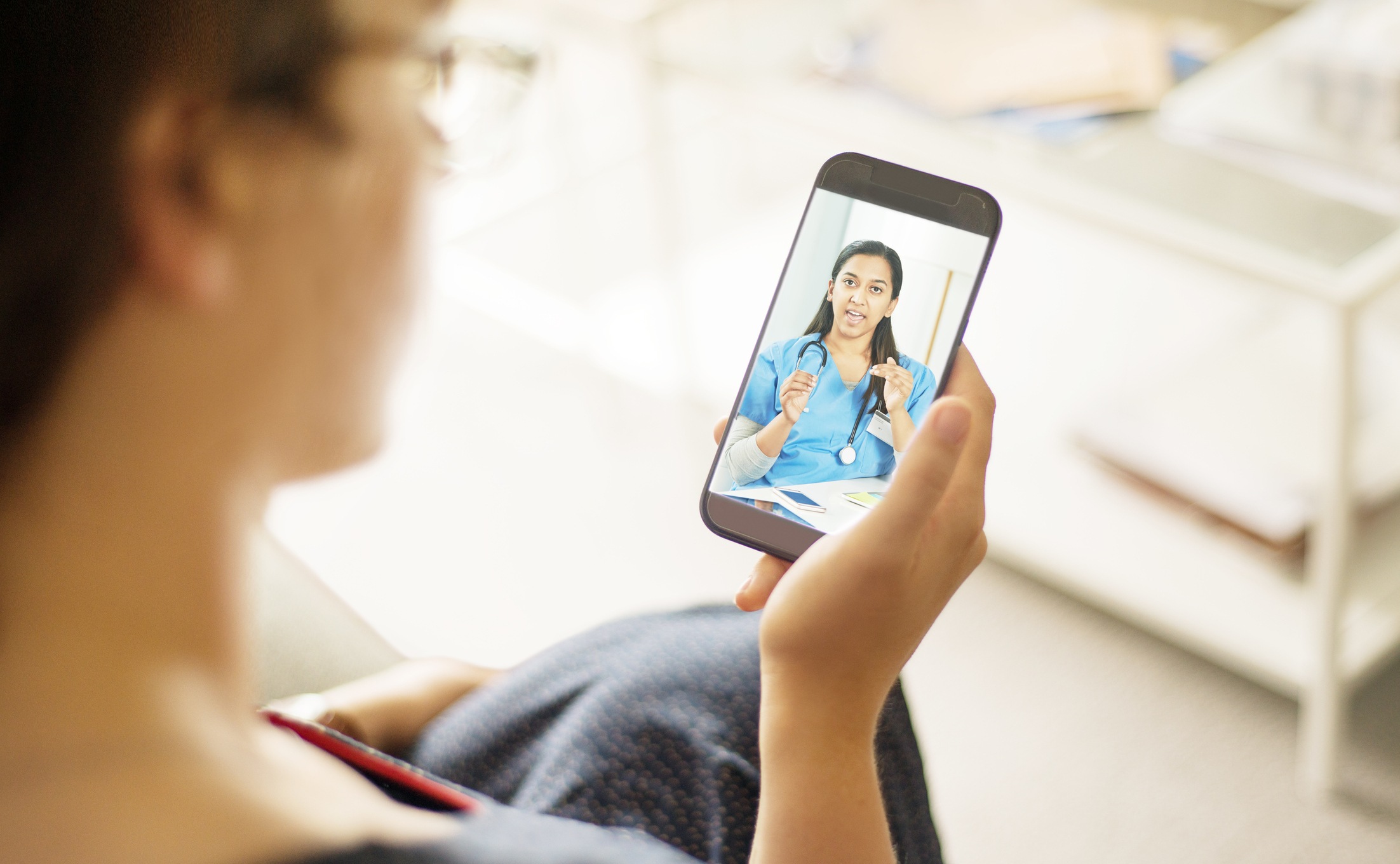
Mobile health has become a prominent force in the healthcare space, with many apps obtaining FDA-approval for clinical use. In this article, DocWire News has compiled some of the top stories regarding such innovations that have emerged this past month.
Pharma Giant Sanofi Expanding into Digital Health Solutions
Sanofi, a prominent French pharmaceutical company, is working with Happify Health to enter the digital health field. The two have been researching a digital treatment option for patients with multiple sclerosis and depression, aiming to create alternative treatments to existing pharmaceutical options.
Happify was created by Tomer Ben-Kiki, Ofer Leidner, and Andy Parsons in New York City in 2012 with the goal of using innovative science and technologies to improve quality of life. The company offers evidence-supported digital solutions to improve mental health, providing games and metrics through a smartphone app with positive psychology at the center.
Mobile Health App Can Detect Ear Infections through Microphone
A group of researchers from the University of Washington have recently created a mobile health app that detect ear infections through the phone’s speaker and microphone. To work, all that is needed other than the smartphone is a funnel made from folded paper and the AI-powered app, developed by Justin Chan and colleagues at the University of Seattle. Their findings were published on May 15 in Science Translational Medicine.
Mobile Self-Care Apps for Kidney Disease Patients
Patient self-care is an important element in management of chronic kidney disease (CKD), particularly related to medication and dietary adherence, self-monitoring of blood pressure, and daily physical activity. There are data that suggest the benefits of incorporation of smartphone-based mobile applications designed to support self-care in chronic disease and CKD.
Karandeep Singh, MD, MS, and colleagues recently conducted an analysis of smartphone applications that target patients with CKD. The researchers conducted a search of the US Apple App Store and Google Play Store using the terms kidney disease, renal, dialysis, and kidney transplant. The first 50 applications for each search term on each application store were considered in the current analysis. Applications were evaluated on their types of patient engagement, quality, usability, and safety.
How Will 5G Wireless Impact Healthcare?
The 5G wireless network has been a topic of discussion in 2019, providing unprecedented speed and capacity compared to previous generations of cellular networks. Its implications for general phone usage are obvious, with users downloading and streaming content faster, however this high-speed network could have great impacts in healthcare as well.
Performing a robotic-assisted surgery is becoming easier with the high-capacity 5G network. Recently, a patient with Parkinson’s disease in China underwent the country’s first remote surgery on a human brain using the 5G network. This operation was performed by Ling Zhipei of the First Medical Center at the PLA General Hospital and involved the implantation of a stimulation device into the patient’s brain using robotic equipment. Zhipei operated via controllers in Sanya City, in Hainan, while the patient was 1,864 miles away in Beijing. This was made possible through the rapid, and reliable 5G network.
App Successful in Treating Lower Back Pain
A recent study found that the mobile health app Kaia was extremely effective in treating patient’s lower back pain. The app uses a multidisciplinary approach to alleviate chronic pain, guiding patients through physical therapy, relaxation, and medical education exercises that offer a convenient and effective means of doing so. The researchers’ findings were published in an NPJ Digital Medicine open article on May 3.
Mobile Game Detects Alzheimer’s Disease
A new smartphone game called Sea Hero Quest (SHQ), can potentially detect preclinical Alzheimer’s disease (AD), according to a study published in PNAS. Designed in collaboration between the University of East Anglia (UEA), University College London (UCL) in the UK, Alzheimer’s Research UK, and German telecommunications company, Deutsche Telekom, SHQ uses spatial recognition to measure and record different parts of people’s navigational senses. SHQ, which is available on both mobile and virtual reality (VR) platforms, involves a son’s nautical journey to recover his father’s memories, which have been lost to dementia. The game comprises sections that test for navigation, and spatial orientation, two components of cognition which slowly deteriorate in patients with AD. The number of people who have chosen to play SHQ (over 4.3 million worldwide to-date) has been advantageous to researchers, who say that just two minutes of playing SHQ equates to five hours of lab-based study, thus providing information that can be used to detect AD in its incipient stages.







 © 2025 Mashup Media, LLC, a Formedics Property. All Rights Reserved.
© 2025 Mashup Media, LLC, a Formedics Property. All Rights Reserved.